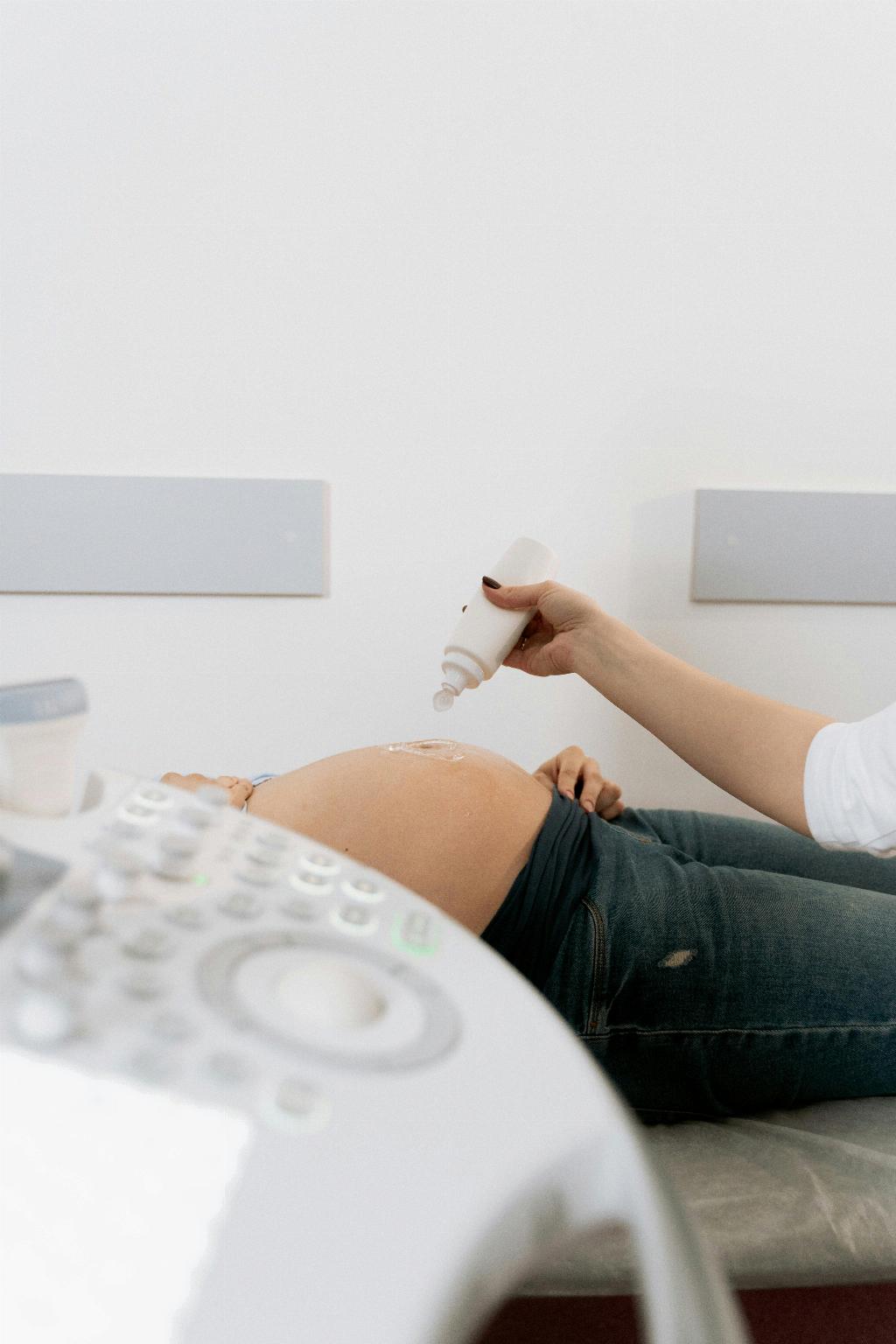As your due date approaches and you find yourself still waiting for any signs of labor to begin, it’s natural to feel a mix of anticipation and anxiety. You may be wondering what is causing the delay and if there is anything to be concerned about. Rest assured, it’s not uncommon for some women to reach their due date without experiencing any clear signs of labor.
When you are near your due date and there are no signs of labor, it’s important to stay in close communication with your healthcare provider. They will be able to assess the situation and provide guidance on the next steps to take. It’s crucial not to delay seeking medical advice if you have concerns about the lack of progress towards labor.
One reason for the absence of labor signs near the due date could be that your body is simply taking its time to prepare for labor. Every pregnancy is different, and some women may not go into labor until after their due date. It’s essential to trust the natural process of your body and let things unfold at their own pace.
Another factor to consider is the accuracy of your due date. Due dates are calculated based on the start date of your last menstrual period, but not all pregnancies progress exactly on schedule. It’s possible that your due date may be slightly off, leading to the appearance of a delay in labor when, in fact, it’s within the normal range.
It’s also worth noting that factors such as the position of the baby, the strength of the uterine contractions, and the readiness of the cervix can all influence when labor begins. Sometimes, these factors may need more time to align correctly, resulting in a delay in the onset of labor.
As the due date approaches, your healthcare provider may recommend certain methods to help stimulate labor naturally. These methods can include activities like walking, gentle exercises, and specific relaxation techniques. Additionally, your provider may suggest a non-stress test to monitor the baby’s well-being during this waiting period.
However, if you reach your due date and there are still no signs of labor, your healthcare provider may discuss the possibility of inducing labor. Induction is a common intervention used to kickstart labor when it has not started on its own. Your provider will carefully consider the risks and benefits of induction before making any decisions.
It’s crucial to remember that the absence of labor signs near your due date does not necessarily indicate a problem with your pregnancy. Many factors can influence the timing of labor, and each woman’s journey towards childbirth is unique. Trust in your body’s ability to navigate this process and seek support from your healthcare team when needed.
Throughout this waiting period, practicing self-care and maintaining a positive mindset can help ease any anxiety or impatience you may be feeling. Stay connected with loved ones, engage in activities that bring you joy, and prioritize rest and relaxation. Remember that this phase is temporary, and soon you will be welcoming your little one into the world.
In conclusion, if your due date is near but no signs of labor have appeared, take a deep breath and trust in the natural progression of your pregnancy. Keep open communication with your healthcare provider, explore natural methods to stimulate labor, and be prepared for the possibility of induction if necessary. Embrace this moment of waiting as a part of your unique childbirth journey, knowing that soon you will be meeting your precious baby.

